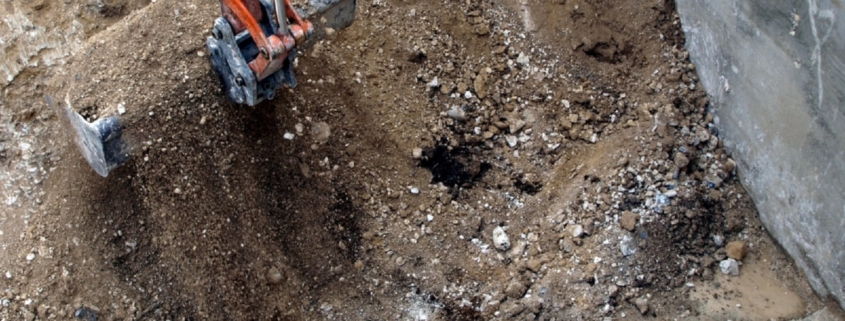Emerging Trends in Civil Construction 2907
The construction industry is a complex and challenging environment, demanding effective project management to ensure optimal outcomes. This article will provide some essential tips for successful construction project management, emphasizing the role of cutting-edge technology and environmental sustainability, as well as the impact of artificial intelligence in the industry.
In the world of construction, site management is a critical component for success. It involves planning resources, managing staff, and ensuring that the project is completed within budget. A competent construction manager must have a solid understanding of the building process, excellent communication skills, and the ability to solve problems swiftly. Leveraging modern technology can significantly boost the effectiveness of project management, enabling managers to track progress in real-time, enhance communication, and minimize errors and delays.
Modern Technology is proving to be an important part of the construction industry. Tools such as Building Information Modeling (BIM) and cloud-based software not only increase efficiency but also improve collaboration among team members. Furthermore, the use of drones for site surveys and inspections can reduce the time spent on these tasks, increasing overall productivity. With technology evolving at a rapid pace, it’s important for construction companies to keep up with these advancements to stay ahead in the industry.
Environmental sustainability is an additional key factor in construction project management. With increasing awareness of the environmental impact of construction activities, many companies are adopting sustainable practices. This includes using sustainable materials, reducing waste, and implementing energy-efficient designs. These practices not only help the environment but can also result in cost savings and enhance the company’s reputation.
Artificial Intelligence (AI) is revolutionizing the construction industry. From automating routine tasks to predicting potential project risks, AI is helping companies to boost productivity and minimize costs. For instance, AI-powered robots can perform tasks such as bricklaying and concrete pouring, freeing up human workers for more complex tasks. Furthermore, AI algorithms can analyze large amounts of data to predict potential project risks, allowing companies to take preventive measures.
In conclusion, effective construction project management calls for adequate planning, use of modern technology, adoption of sustainable practices, and the incorporation of AI. By adopting these strategies, construction companies can realize successful project outcomes, enhance productivity, and remain relevant in the ever-changing construction industry.
For more details, check best Roofing Services Dublin or visit their Roofing Dublin business listing here.



